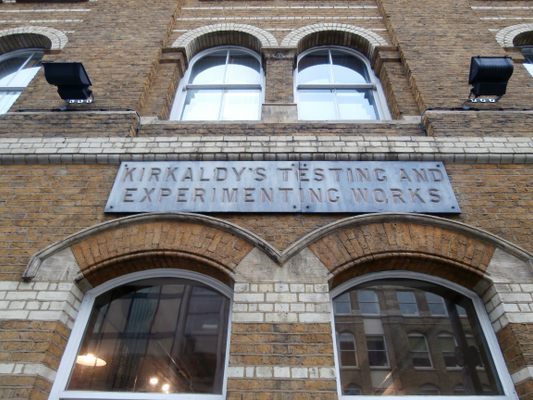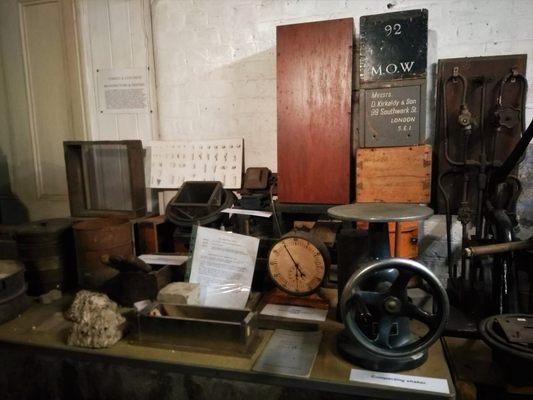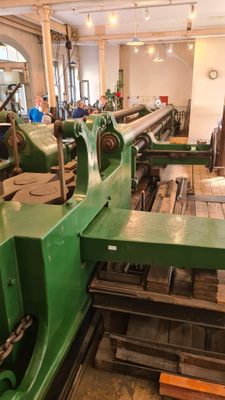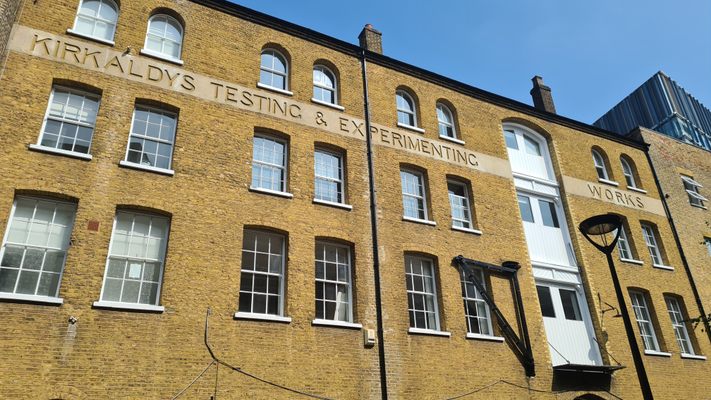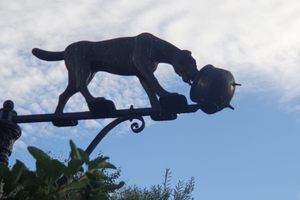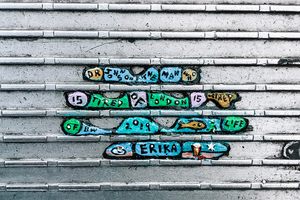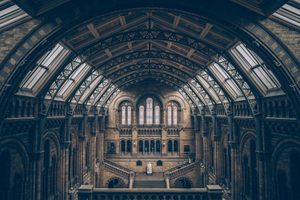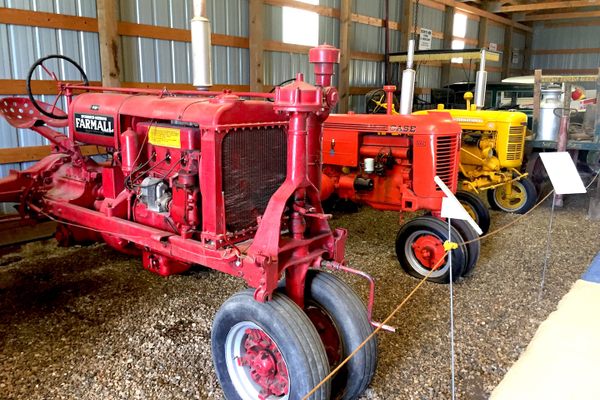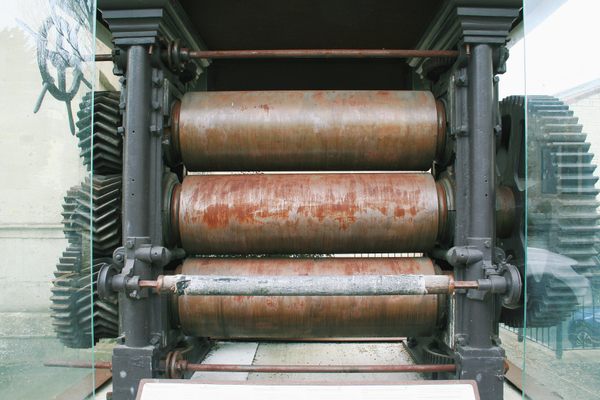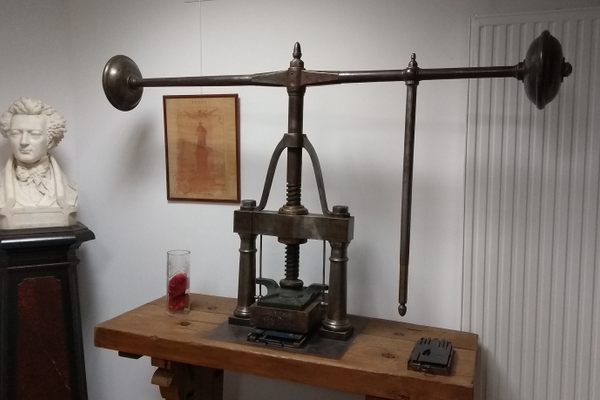About
The industrial revolution unleashed a wealth of new building materials onto the world, many of which were destined for colossal feats of engineering. These ambitious projects had the potential to revolutionize the infrastructure of a country—or fail with tragic results.
David Kirkaldy, a draughtsman who worked on designs of steamships, engines, and boilers, had completed and published a comparative test program on iron and steel in 1862. It is presumably from his investigations that he was inspired to draw up plans for his own universal testing machine, the construction of which he funded entirely at his own expense.
Kirkaldy first assembled his machine amongst the industry of Southwark, where he opened an independent testing lab. The machine is a mammoth 47 feet and 7 inches long and weighs 116 tons. Using a ram and cylinder operated by highly pressurized water, it can assess samples by tension, compression, bending, crushing, shear, and torsion—essentially measuring how much stress a material can take before it reaches a breaking point.
His business was quickly a success, and Kirkaldy was soon able to move his machine to purpose-built premises on Southwark Street. Above the door to his testing works, he had the motto "Facts not Opinions" inscribed, a testament to his commitment to only providing the data, and not his views on the planned uses for the materials he tested. Over the years, the works provided data on chains for Hammersmith Bridge, steel for Sydney Harbour bridge, and the metal for the Skylon at the Festival of Britain. The universal testing machine was also used to examine wrought iron from the Tay Bridge disaster.
After Kirkaldy’s death in 1897, the works were taken over by his son William Kirkaldy, and later by his grandson David W H Kirkaldy. After the latter’s retirement in the 1960s, the works finally closed in 1976.
Now maintained and operated by volunteers, the universal testing machine is on display at the Kirkaldy Testing Museum, where it has been joined by many other examples of testing equipment, including some for testing impact and hardness, and others with very specific purposes, such as testing parachutes.
Related Tags
Know Before You Go
The Kirkaldy Testing Museum is open on the first Sunday of every month. The universal testing machine is usually run at 2 p.m., but this is not guaranteed.
Published
January 11, 2019
